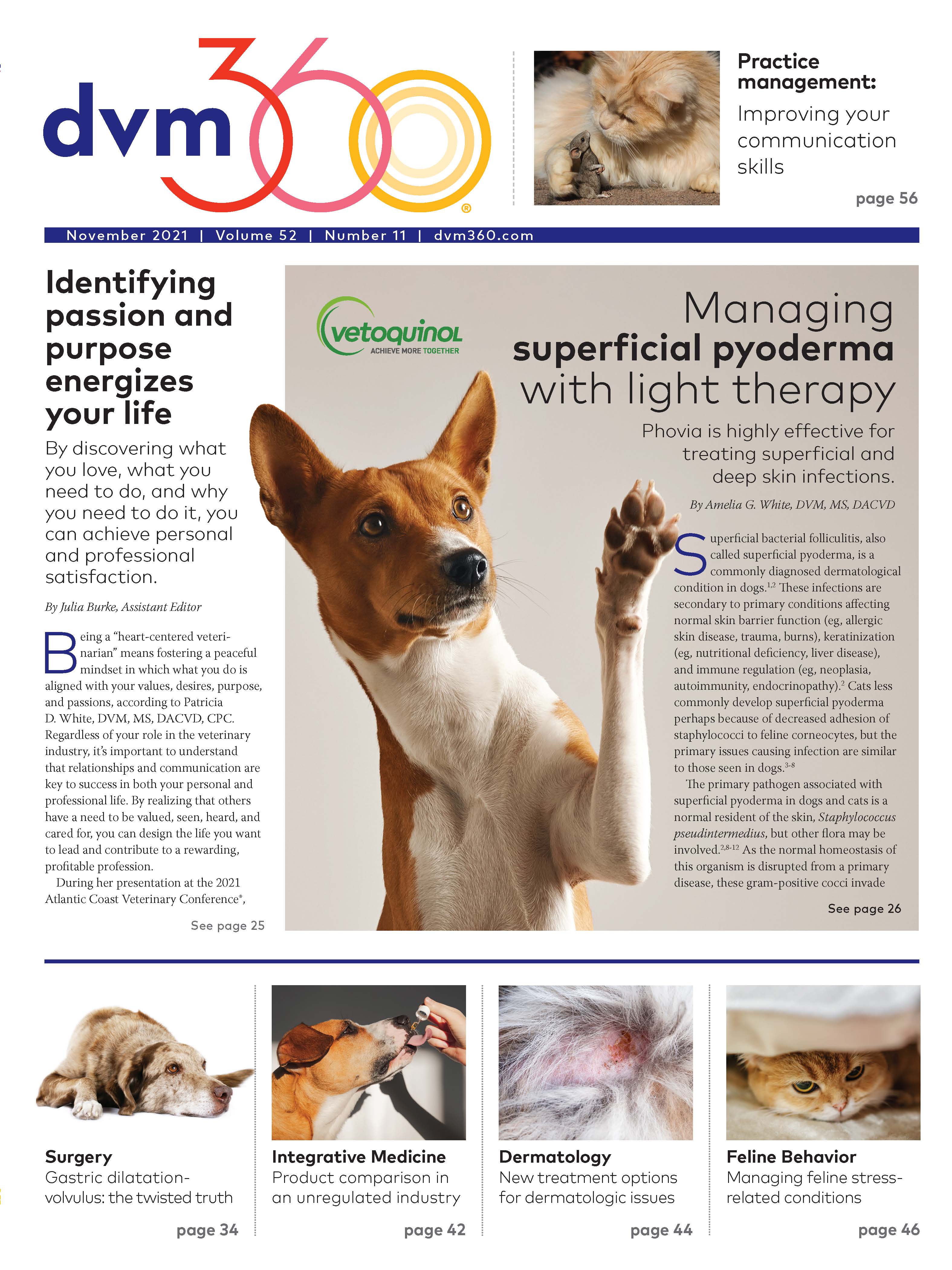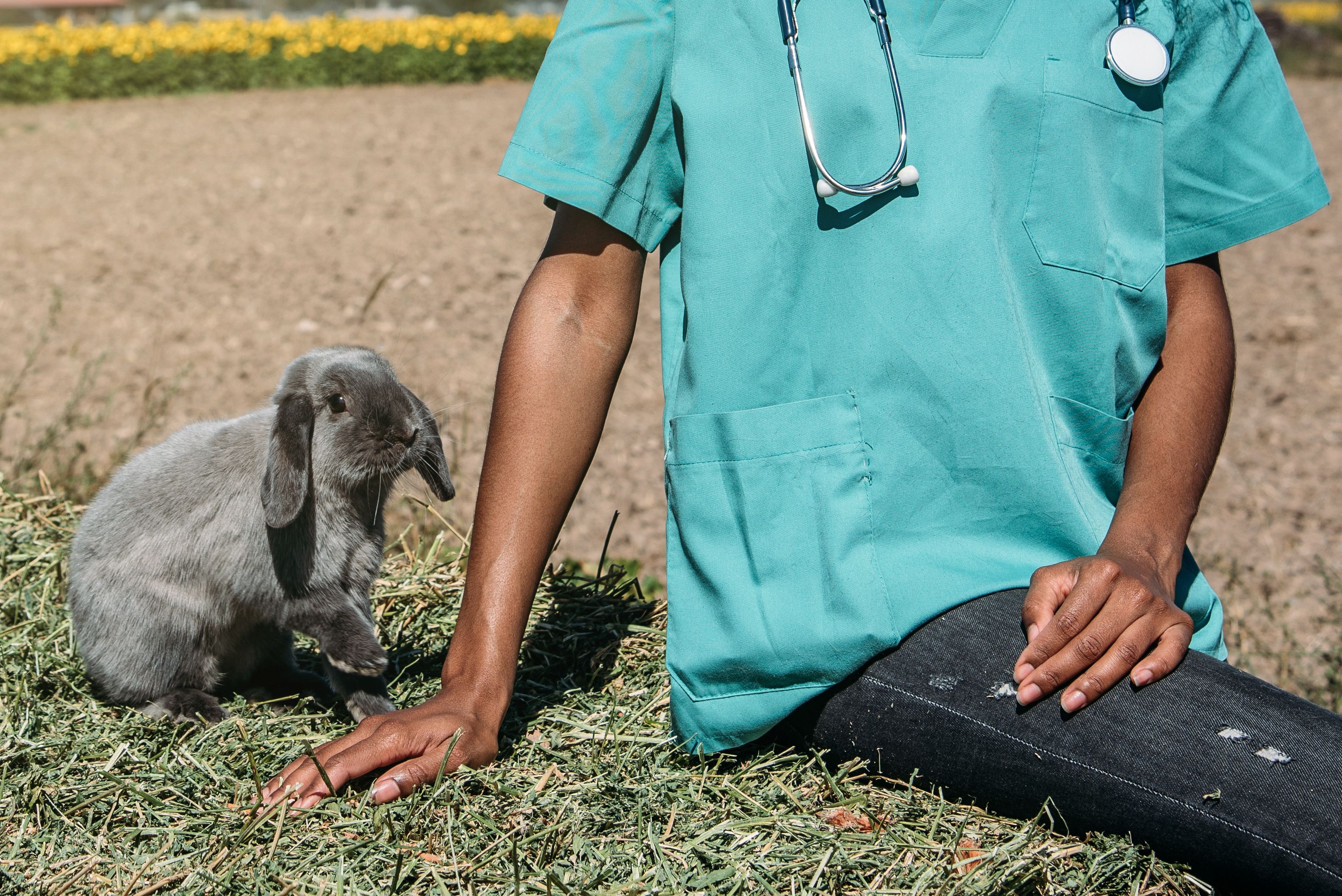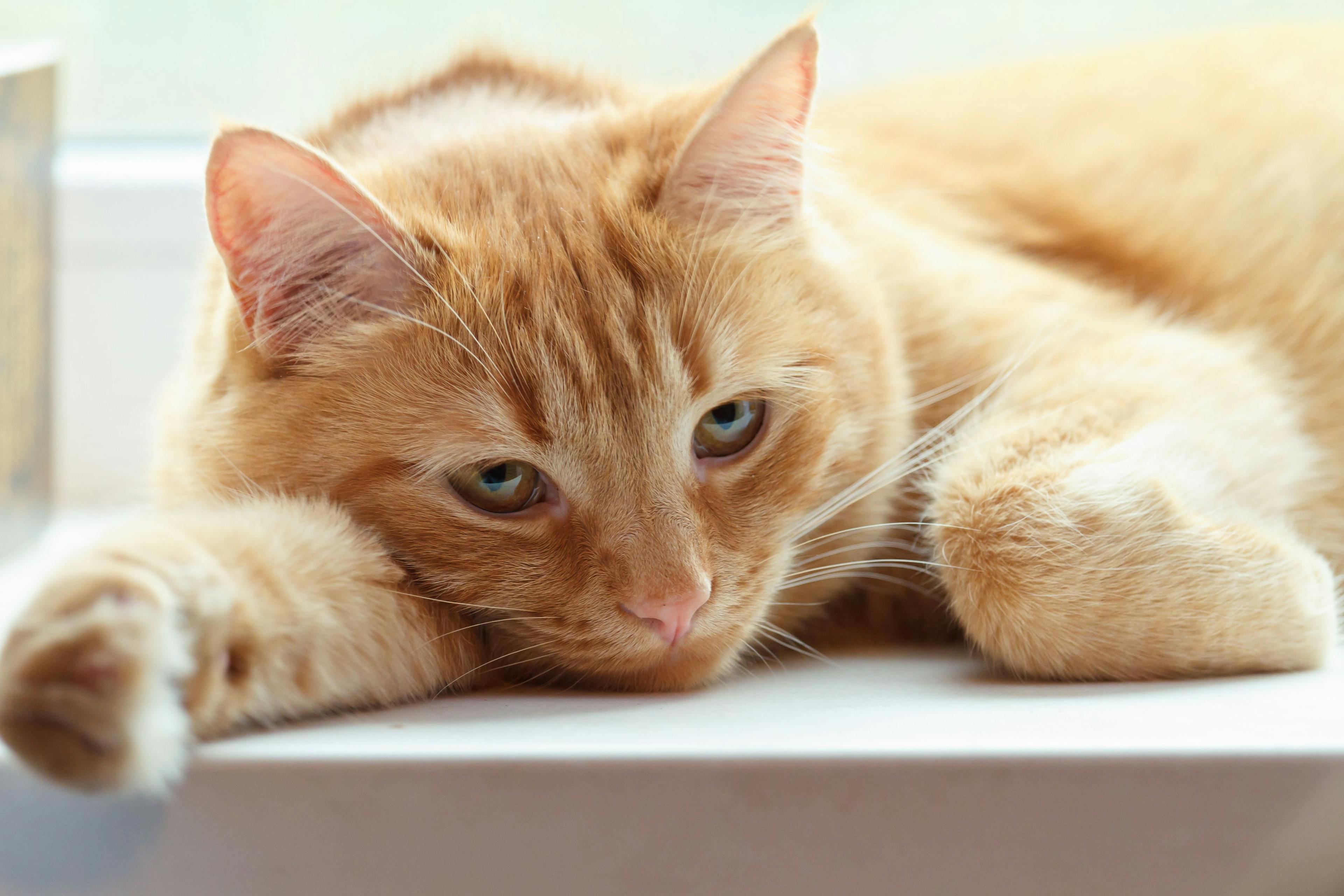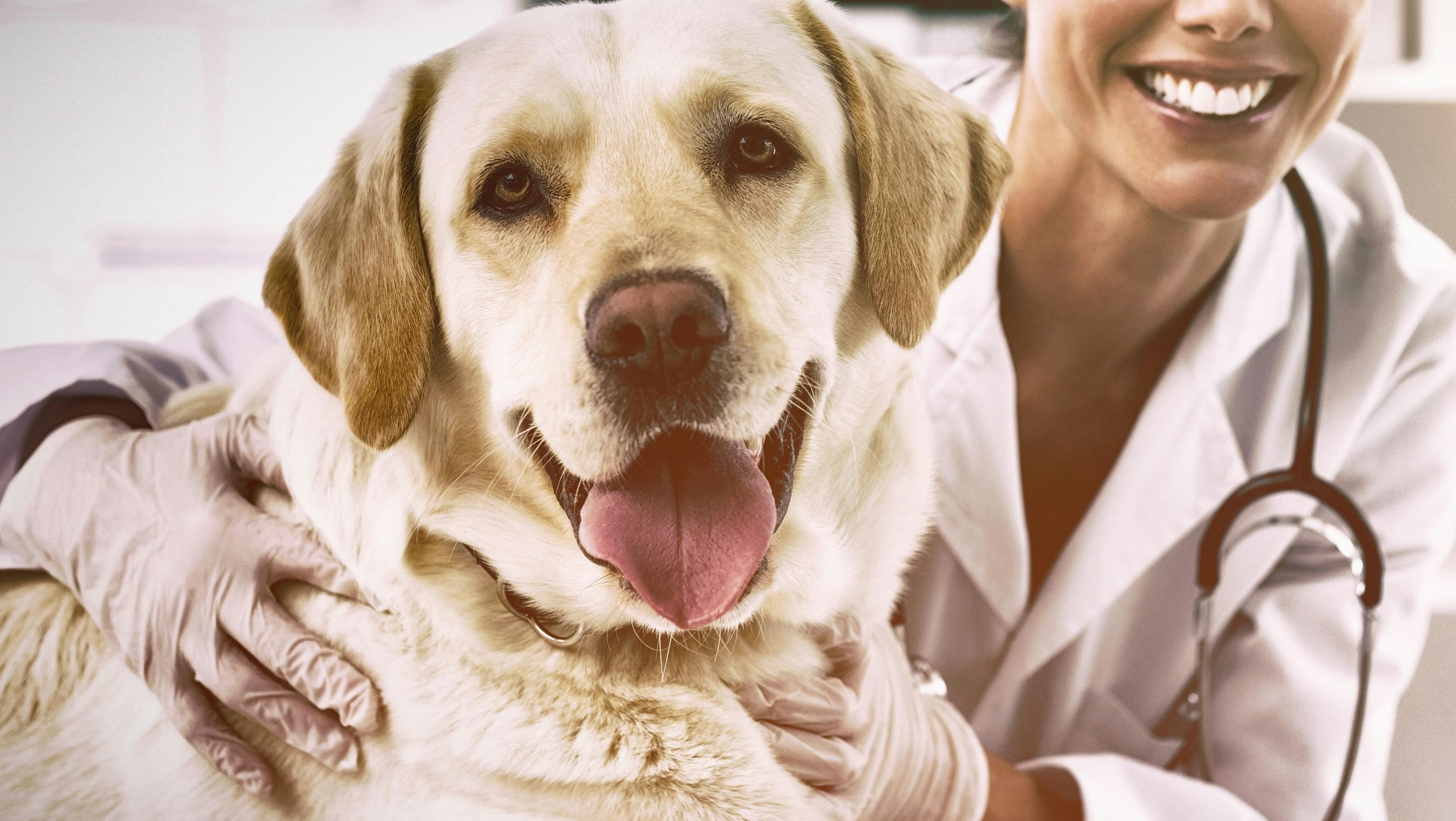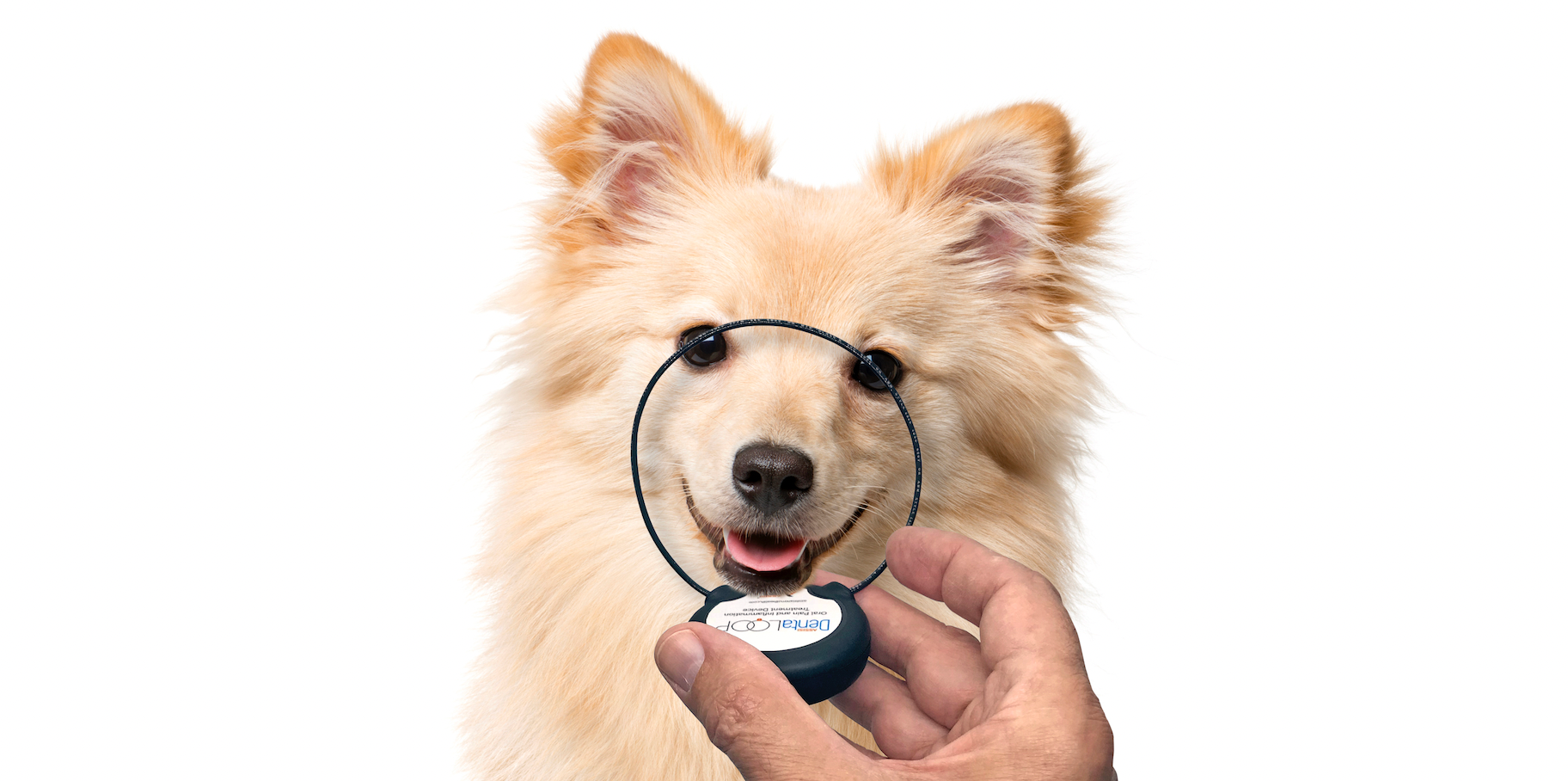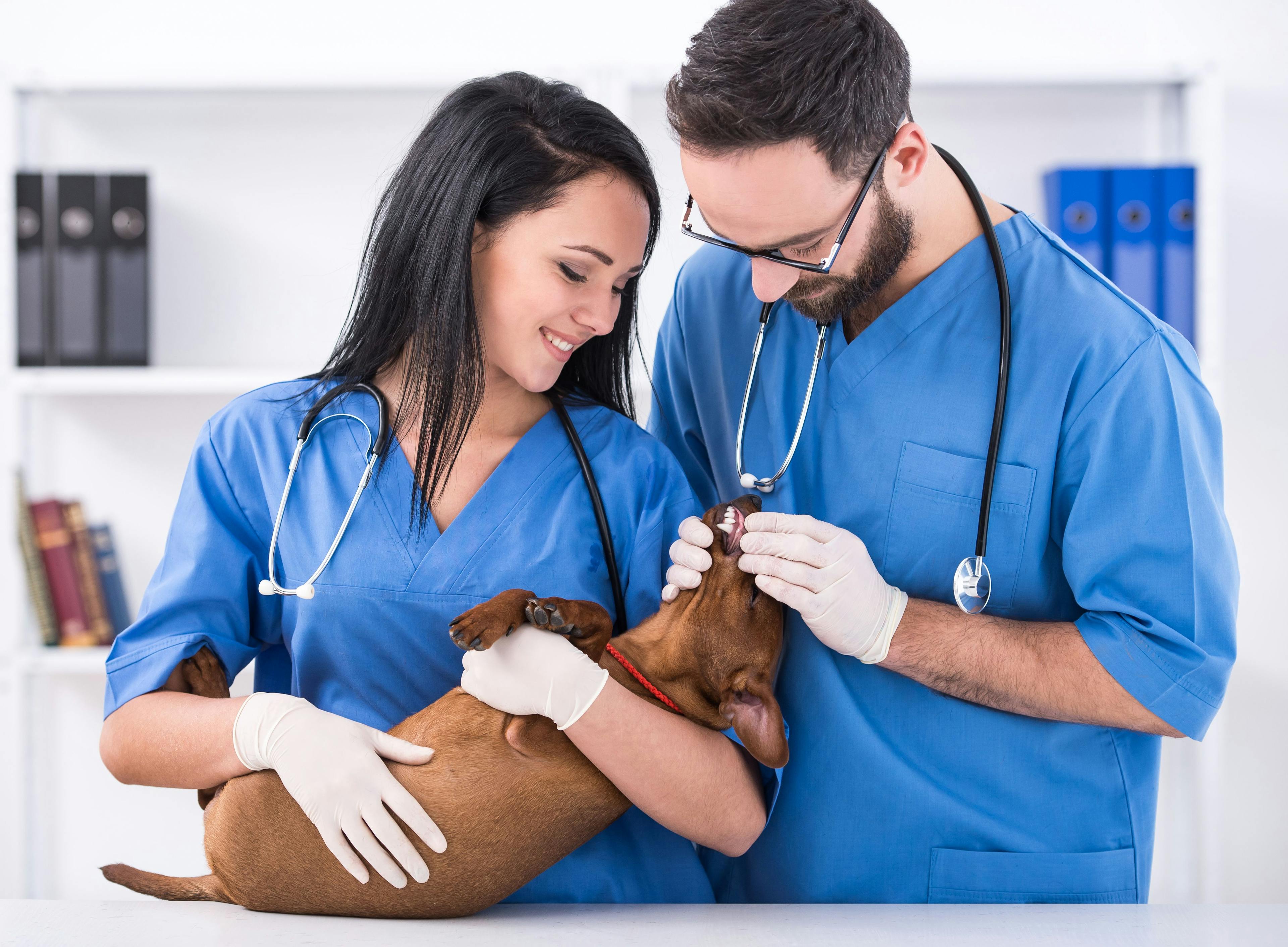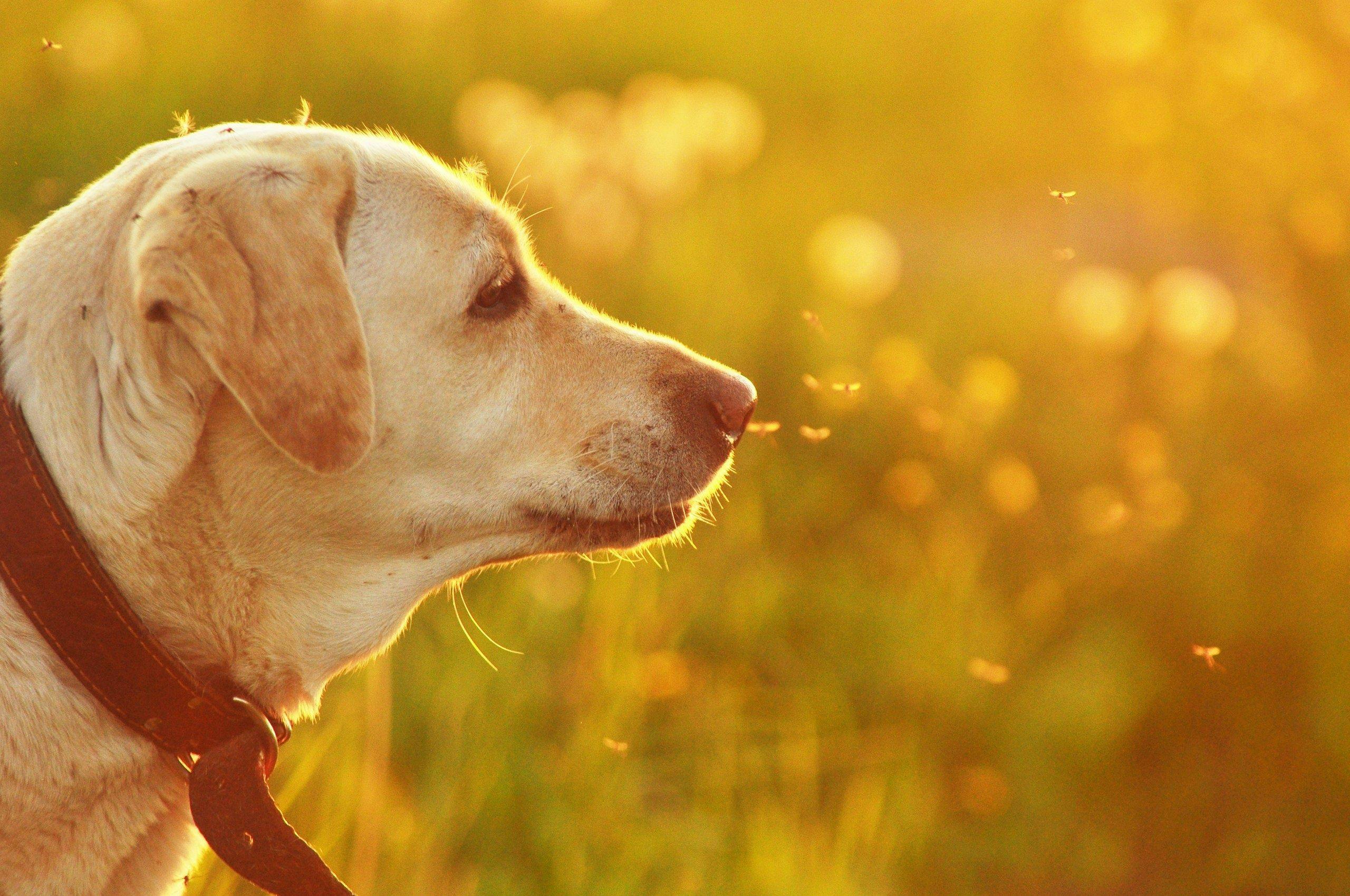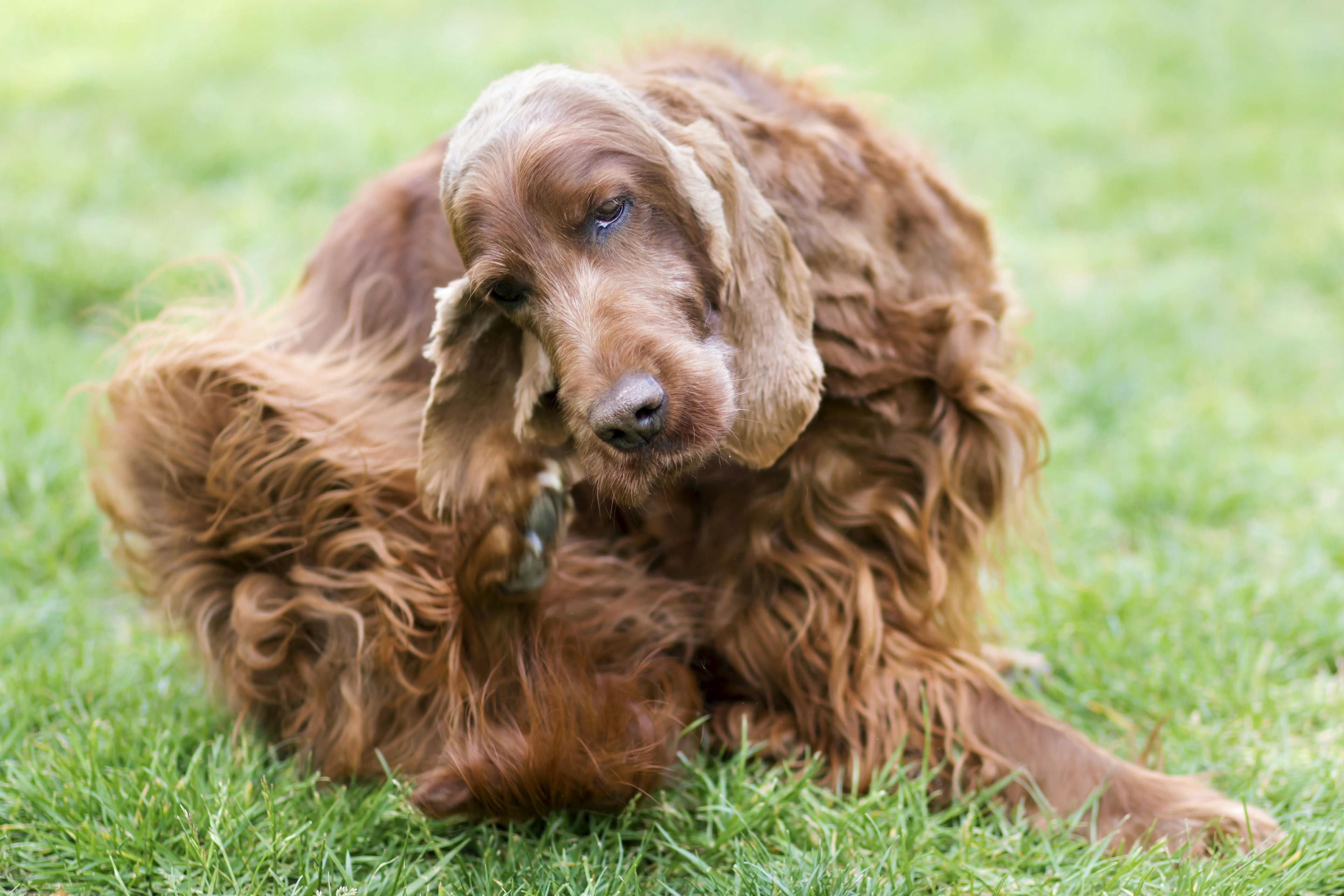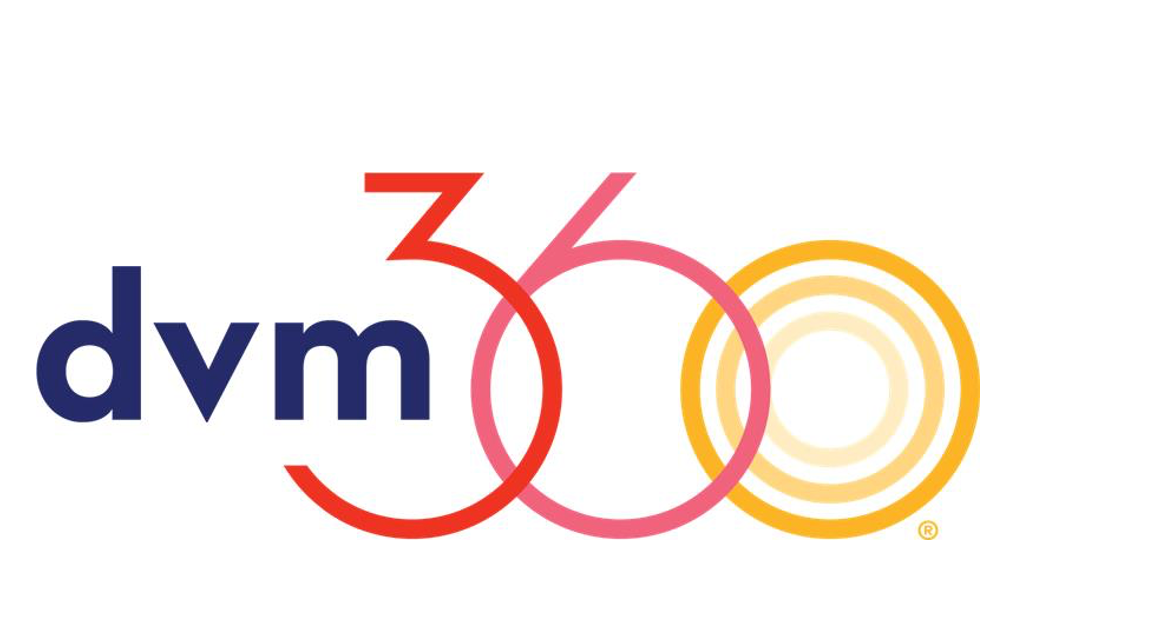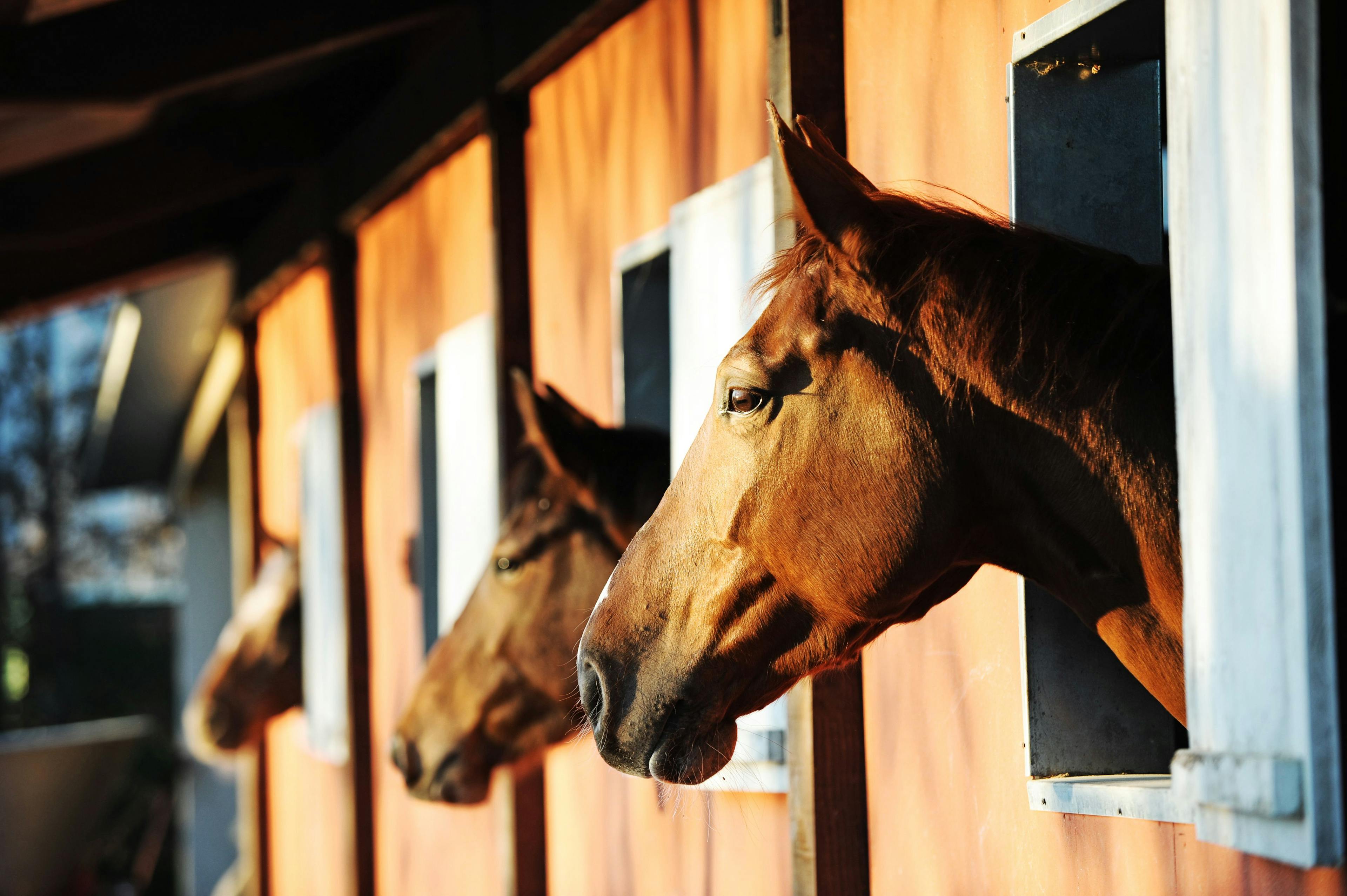Life as a Black veterinary student
Being Black in an (almost) all-white profession isn’t easy, but it does offer an opportunity to be a catalyst for change.
Initially, my journey from Paterson, New Jersey, to the Royal Veterinary College in London, England, seemed like the hardest task of my life. Just like all my peers, I worked hard to get good grades, took the Graduate Record Examinations, spent a fortune on applications, and underwent a whirlwind of interviews. I felt overwhelmed by the entire process, as I am sure others can relate, and had insecure moments where self-doubt crept in. Some of that fear was centered around the usual questions of, “Are my grades good enough?” or “Do I have enough experience?”
However, another fear set in that many of my peers would never have to worry about: Am I prepared to undergo the unique challenges I will face as a minority in this profession? The subject of diversity in veterinary medicine has been discussed time and time again. African Americans constitute a tiny percentage of the profession. Being accepted into veterinary school became a terrifying accomplishment for me because I would soon have to walk the path of the few.
Now that I am in my second year of veterinary school, I can see the road that led me here was not nearly as difficult as I thought, and it was only the beginning of my adventure. Moving to a new country a year ago was exciting but terrifying, especially with being thousands of miles away from my family and friends. In addition, my first year of veterinary school was packed full of general, scientific, and biological information that we must learn to set a foundation for our future clinical years. My classmates and I are also dealing with the unique stress that COVID-19 presents to our learning and lack of social interactions.
With the demands of keeping on top of my coursework, the stress of being away from my family, and restrictions due to COVID-19, I need to remind myself why I am here to keep the self-doubt at bay. Creating uncertainty over noncorrelating factors, such as our intellectual ability and the color of our skin, is an unfortunate human error, but I recognize the unique opportunity that I have to be an example for young, prospective Black veterinary students. Although my fear of being 1 of the few Black students in my veterinary classes brought on many insecurities, I now see it as a gift to share my experience and journey with others.
It can be scary trying to achieve what seems impossible when there is a lack of familiarity and the absence of other students of color around you. Before moving to London, I had hopes that this city’s diverse atmosphere might also be displayed within my veterinary program. Unfortunately, this is not the case. I have come to terms that this is the current reality of our profession, but change must be made. I take pride in the fact that though I may be the minority, I am a trailblazer. I’ve become my own self-supporter, pushing myself through all the difficulties of being a first-year veterinary student. I’m excited to help pave the way for the Black students and veterinarians yet to come.
